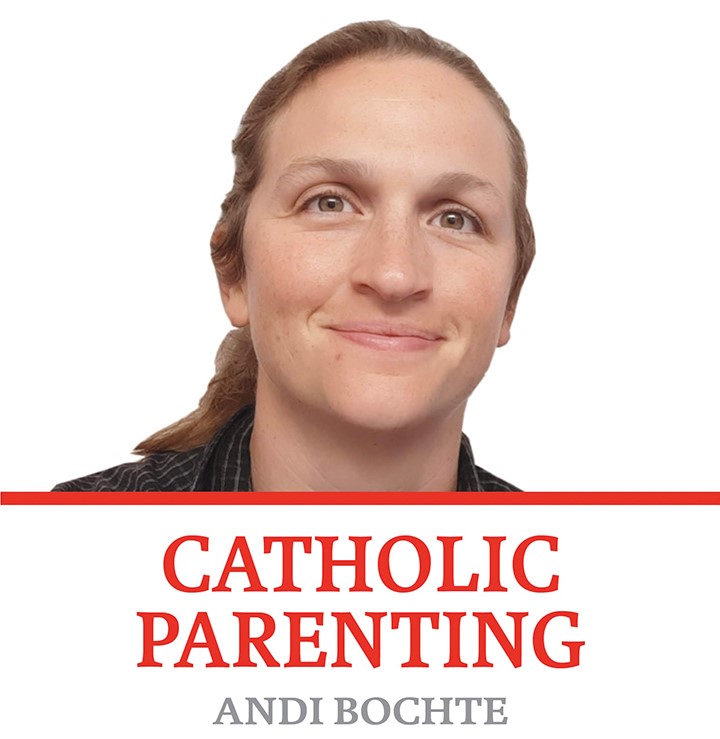In the final Sunday before Lent, we read from Mark’s Gospel about the leper who was healed by Jesus. This leper defies Jesus’ command to keep silent about his healing and proceeds to proclaim the healing in the land. Imagine the wonder that was proclaimed in the land at this healing. What we do not hear in this story, though, is what happened when this healed leper encountered another leper who wasn’t healed. What would that exchange have looked like? What about a leper who was left to continue suffering from their sickness? Jesus loved the healed leper so much that he healed him, but does Jesus not love all lepers such that he would find them worthy of healing?
If we are not careful, we can take our health status for granted. If we are one of the chosen who has been healed from infirmary, we should take care to look to our left and to our right, and we will be reminded that this is not the case for everyone. Jesus doesn’t heal all of us from our sicknesses here on earth. This is such a painful reality for many of us who suffer from physical and/or mental health challenges. But we can see, especially in the Lenten season, the real gift that we are given when we are left like the unhealed leper.
While any of us would surely sign up immediately should there be a call for healing, for those who don’t make the list, Jesus reminds us in Lent that he chose suffering. He chose the cross. And as much as Jesus loved the leper he healed, how much love does Jesus have for those whom he allows to remain in their suffering? He loves them indescribably much.
Those who are suffering are the most vulnerable in society. They are the broken, the downcast, the lame, the deaf and the depressed. The suffering are the orphan and the widow, the paralyzed, the abused and the alcoholics. Rather than question Jesus’ love for us when we are left in our suffering, we must recognize that this is the greatest love that Jesus can have for us. It is so great because suffering was not too good for Jesus. When we are left to suffer, we are gifted with the opportunity to be a light in the darkness of suffering. We should be humbled at this task. If we accept our sufferings, no matter how great, we can bring Jesus’ love to the suffering. We might not proclaim love of healing, but rather, we proclaim Christ crucified. We proclaim that in our suffering, we are not alone. That yes, we are fellow brothers and sisters in suffering and Jesus is with us and in us.
Perhaps one of the reasons that Jesus asked the healed leper to be silent was out of respect for those who are to remain in suffering. Not everyone would be healed as the leper was healed. Jesus is the patron of the suffering, and it would be uncharacteristic of Jesus to tell someone to proclaim loudly of his healing because Jesus would have known of those who would be selected to continue in their suffering.
This should be a caution for those who are healed. The caution is not preventative of our proclamations of Jesus’ healing ability. But rather, recognition and charity of the reality that many are left to suffer. So, if you or a loved one has been healed by Jesus, rejoice. What a blessing. But this Lent, let us also remember those left in suffering. May we never be so healed that we forget about our brothers and sisters who are suffering so deeply here and now that we forget how to love them.
When we have been healed, we so easily forget how to love. We turn to giving advice and criticism of those that are mired in suffering. We look at the suffering with skepticism and pity. Maybe we even ask, as the disciples did, what that person must have done to suffer so much. The reality of the virtue of charity is that charity demands that we touch the suffering of those around us. Problem solving helps us avoid the hurt of our suffering brother or sister. To really love the suffering, we will feel discomfort and pain. True empathy of the suffering hurts. Jesus’ acceptance of suffering hurt. It was lonely and miserable. So, we should not be surprised that when we encounter suffering, it will hurt. But let us not be afraid of how much it hurts and rather concern ourselves with facing the suffering, whether we are healed or not, and walk in charity with our Lord in suffering.

